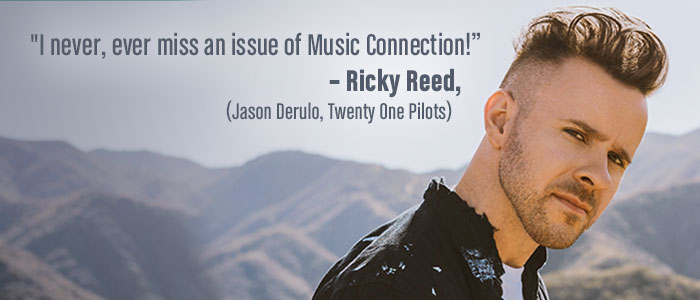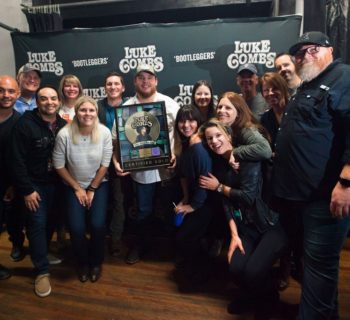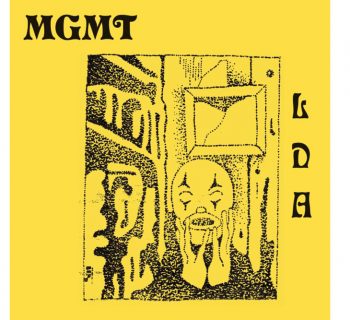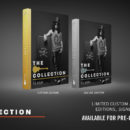I believe the success I’ve had as a composer is a direct result of me composing for money instead of art. Let me explain. Some years ago I got the opportunity to compose production music for a large music library. But instead of sending them a sampling of the bluesy acoustic music I had been writing, I asked them to send me the top 10 most-used tracks in their library from the last 12 months. Then I spent a week transcribing all of them.
There were amazing similarities between all the songs. Each one was heavy rock with big attention-grabbing intros and outros. They all had a first verse and chorus section with limited instrumentation and no melody, followed by a similar verse and chorus with more instrumentation and melodies, and almost all of them had a cut time bridge section. I did some research and learned why these songs (Most of them were done by different composers) were used more than the rest. These songs were selected primarily because it made the editor’s (who selects which music is cut into a TV show) life easier.
Each one of these songs had sections that could be moved around and looped. They had sparse sections so they could be in the background and big attention grabbing sections for when there is no dialogue.
Bottom line is… I didn’t compose a thing until I knew exactly who my audience was. In this case it was an audience of one person… The editor. I didn’t submit music that was important to me. I found out what was important to my audience and created something specifically for them. This resulted in my 34 tracks being played millions of times.
We musicians face this issue all the time: Do I create art and hope there is an audience for it or do I find an audience and create for them?
In my experience there is more monetary success when creating for a specific audience. I think this concept can be applied to many different aspects in the music business.
Here are a few steps I recommend.
1. Define who your audience is… Who is hiring you? Are you a producer being hired by bands or labels? Are you a private music teacher being hired by parents to teach a child? Are you a gigging musician being hired by nightclubs or promoters?
2. Define who the decision maker is. If you are a producer, you need to learn who in the band or label is calling the shots… Who are you really working for? If you are a private music teacher teaching children it’s most likely the mother who is making the decisions. If you are a gigging musician you should find out who the primary booking agent is.
3. Find out what is important to the decision maker. Ask questions like: What’s the most important part of this project to you? Do you have any specific goals or deadlines I should know about? What was the best experience you had with a similar project? What was so great about it? What is the best way to communicate with you? Phone? Email? Text?
4. Put yourself in the decision maker’s shoes. Imagine what would be important to you if you had their job. What kind of actions would earn your trust. What would someone do or say that would make you want to brag to your friends or colleagues about the awesome experience you had. Basically, be the person you would want to hire.
5. Make a personal connection. Try to meet your buyer/decision maker face to face. The best connections happen when you meet someone face to face, smile, shake their hand and look them in the eye. Go out of your way to make this happen with your buyer/audience if you can. It makes a world of difference. Smile when you are on the phone with the decision maker… People want to work with positive people and they can hear your smile. Connect with them on social media, LinkedIn, Facebook, etc. If you have a monthly newsletter, include them to your email list.
6. Deliver above and beyond. Obviously, you want to deliver a great experience, but here are some suggestions on how to stand out:
• Confirm the expectations of the job with your client prior to showing up, and give them the opportunity to communicate back to you so you can be sure to deliver a great experience.
• Show up early. A simple way of proving you are a professional and value your clients is to be very prompt.
• Follow up after the job has been completed and thank the client. This could be a simple email or phone call.
• Find out what their mailing address is and send them a gift. It could be a simple handwritten card or a bottle of their favorite alcohol. High-class touches like this will put you at the front of the line the next time there is the opportunity to work together.
Clearly you will need to adjust these suggestions to your specific situation. The point I’m making here is to find out how to make your audience happy and confident before you spend the time, energy and money creating something for an audience who might not exist. And once you have defined an audience, work very hard to make their life better. Money is the natural consequence of delivering value. Focus on delivering great value and the money will follow.
TIM GUILLE is an entrepreneur in the music industry. His compositions have been used in hundreds of television shows and networks ranging from NFL to Pawn Stars. He owns All Play Music (allplaymusic.com) a successful private lesson company in Los Angeles and is the Co-Founder of Music Money Formula (musicmoneyformula.com) where he provides business coaching and support for music educators around the world.














